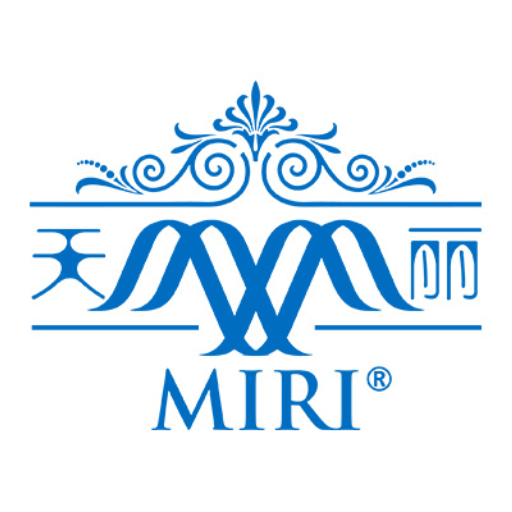Collagen: Essential for Women’s Bone Health and Menopause Support
As women navigate the various stages of life, maintaining strong bones becomes increasingly important, especially during menopause when hormonal changes can accelerate bone loss. Collagen, the most abundant protein in the body, plays a pivotal role in supporting bone density and overall skeletal health. This structural protein forms the framework for bones, providing strength and flexibility. Understanding how collagen contributes to bone health can empower women to make informed choices for long-term wellness.
The Role of Collagen in Bone Structure
Bones are living tissues composed of minerals like calcium and a collagen matrix that gives them resilience. Type I collagen, the primary type found in bones, accounts for about 90% of the organic material in skeletal tissue. It acts as a scaffold where minerals deposit, ensuring bones can withstand daily stresses. As we age, natural collagen production declines, which can lead to reduced bone density. For women, this decline is often exacerbated by estrogen reduction during menopause, increasing the risk of osteoporosis.
Research highlights that collagen supplements can help maintain bone mineral density by supporting the body’s ability to repair and regenerate bone tissue. Incorporating collagen into a daily routine may aid in preserving bone strength, particularly when combined with calcium and vitamin D. Women experiencing menopausal symptoms, such as those discussed in our previous blog Menopause Unveiled: Understanding Symptoms, Natural Relief, and Thriving in Midlife, can benefit from this natural approach to bone support.
Collagen and Menopause: A Natural Alliance
Menopause marks a significant transition where estrogen levels drop, affecting not only reproductive health but also bone metabolism. Estrogen helps regulate bone turnover, and its decline can result in faster bone resorption than formation. Collagen steps in as a supportive element, helping to counteract these changes by promoting the production of bone-building cells called osteoblasts. Studies suggest that hydrolyzed collagen peptides can improve bone formation markers, offering a gentle way to support skeletal integrity during this phase.
Beyond bones, collagen supports joint health, which is crucial as menopausal women may experience increased stiffness or discomfort. By enhancing cartilage integrity, collagen can reduce joint pain and improve mobility. This ties into broader hormonal balance strategies, as explored in Women Supplements: Tailored Nutrition for Hormonal Health, Energy, and Beauty in Midlife. For those seeking menopause relief, products like Miri Feminine Essence combined with collagen can provide comprehensive support for hormone balance and vitality.
Sources and Ways to Boost Collagen Intake
While the body produces collagen naturally, factors like aging, UV exposure, and poor diet can diminish levels. Dietary sources rich in collagen include bone broth, fish with skin, and chicken. For vegetarians or those preferring supplements, marine or bovine collagen powders offer bioavailable options. Vitamin C is essential for collagen synthesis, so pairing it with citrus fruits or supplements enhances effectiveness.
In the context of women’s health, integrating collagen with other nutrients amplifies benefits. For instance, our Miri Collagen Protein is formulated to boost skin elasticity while supporting joint and bone health, making it ideal for midlife women. Lifestyle habits, such as regular weight-bearing exercises, further stimulate collagen production and bone density.
Collagen’s Broader Impact on Women’s Wellness
Collagen’s influence extends to skin, hair, and nails, which often suffer during menopause due to hormonal shifts. By improving skin hydration and elasticity, collagen helps combat dryness and wrinkles, fostering a sense of confidence. It also supports gut health, which indirectly aids nutrient absorption for better bone maintenance. Women focusing on holistic wellness, as in Menopause and Bone Health: Protecting Your Skeleton During Hormonal Changes, will find collagen a versatile ally.
To maximize benefits, consult a healthcare provider before starting supplements, especially if you have underlying conditions. Consistent intake, alongside a balanced diet and exercise, can help women thrive through menopause with stronger bones and enhanced vitality.
Conclusion
Collagen is more than a beauty buzzword; it’s a foundational element for women’s bone health and menopausal support. By prioritizing collagen-rich nutrition and supplements, women can proactively address bone density concerns and embrace this life stage with resilience. Stay informed and empowered on your wellness journey.
